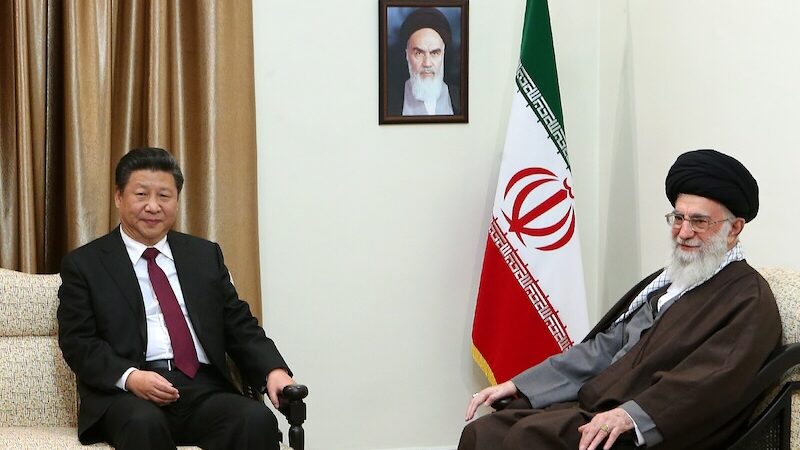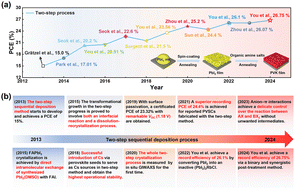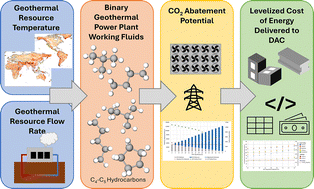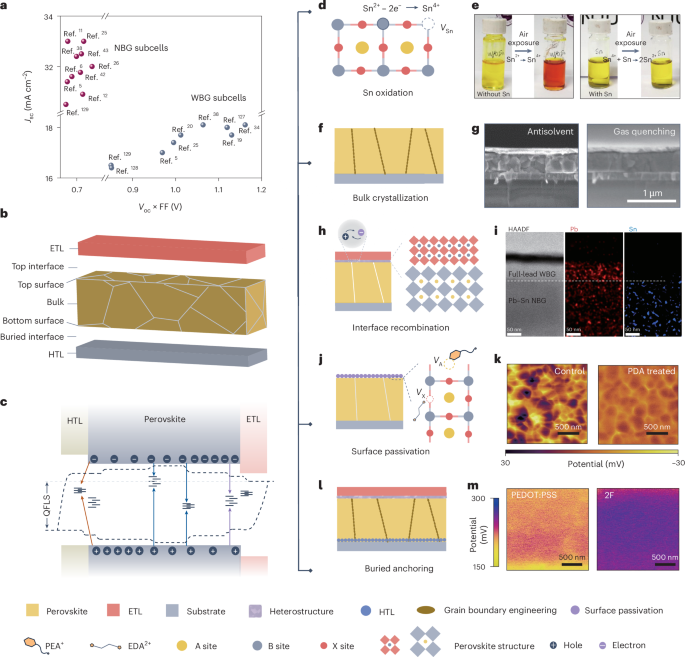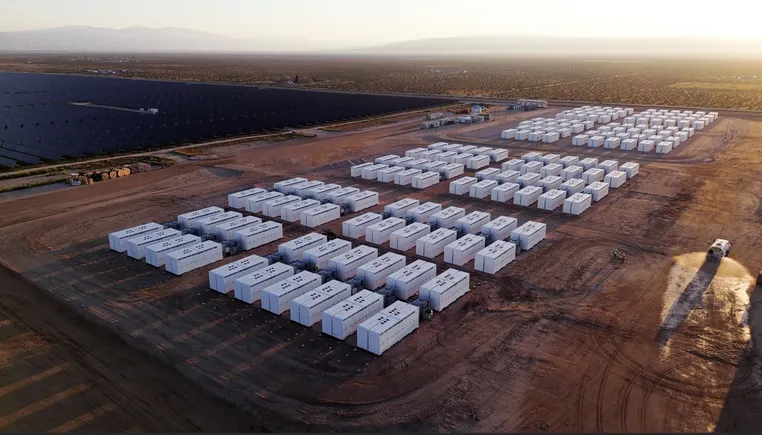Mutant EZH2 alters the epigenetic network and increases epigenetic heterogeneity in B cell lymphoma
by Ofir Griess, Noa Furth, Nofar Harpaz, Nicoletta Di Bernardo, Tomer-Meir Salame, Bareket Dassa, Ioannis Karagiannidis, Yusuke Isshiki, Menachem Gross, Ari M. Melnick, Wendy Béguelin, Guy Ron, Efrat Shema Diffuse large B cell lymphomas and follicular lymphomas show recurrent mutations in epigenetic regulators; among these are loss-of-function mutations in KMT2D and gain-of-function mutations in EZH2. To systematically explore the effects of these mutations on the wiring of the epigenetic network, we applied a single-cell approach to probe a wide array of histone modifications. We show that mutant-EZH2 elicits extensive effects on the epigenome of lymphomas, beyond alterations to H3K27 methylations, and is epistatic over KMT2D mutations. Utilizing the single-cell data, we present computational methods to measure epigenetic heterogeneity. We identify an unexpected characteristic of mutant-EZH2, but not KMT2D, in increasing heterogeneity, shedding light on a novel oncogenic mechanism mediated by this mutation. Finally, we present tools to reconstruct known interactions within the epigenetic network, as well as reveal potential novel cross talk between various modifications, supported by functional perturbations. Our work highlights novel roles for mutant-EZH2 in lymphomagenesis and establishes new concepts for measuring epigenetic heterogeneity and intra-chromatin connectivity in cancer cells.
by Ofir Griess, Noa Furth, Nofar Harpaz, Nicoletta Di Bernardo, Tomer-Meir Salame, Bareket Dassa, Ioannis Karagiannidis, Yusuke Isshiki, Menachem Gross, Ari M. Melnick, Wendy Béguelin, Guy Ron, Efrat Shema Diffuse large B cell lymphomas and follicular lymphomas show recurrent mutations in epigenetic regulators; among these are loss-of-function mutations in KMT2D and gain-of-function mutations in EZH2. To systematically explore the effects of these mutations on the wiring of the epigenetic network, we applied a single-cell approach to probe a wide array of histone modifications. We show that mutant-EZH2 elicits extensive effects on the epigenome of lymphomas, beyond alterations to H3K27 methylations, and is epistatic over KMT2D mutations. Utilizing the single-cell data, we present computational methods to measure epigenetic heterogeneity. We identify an unexpected characteristic of mutant-EZH2, but not KMT2D, in increasing heterogeneity, shedding light on a novel oncogenic mechanism mediated by this mutation. Finally, we present tools to reconstruct known interactions within the epigenetic network, as well as reveal potential novel cross talk between various modifications, supported by functional perturbations. Our work highlights novel roles for mutant-EZH2 in lymphomagenesis and establishes new concepts for measuring epigenetic heterogeneity and intra-chromatin connectivity in cancer cells.





















































































![The sights of the Paris Air Show Day 2 [PHOTOS]](https://breakingdefense.com/wp-content/uploads/sites/3/2025/06/IMG_1837-scaled-e1750181568851.jpg?#)













![[Updated] U.S. Air Force Mobilizes F-22s and F-35s as Situation in Middle East Escalates](https://theaviationist.com/wp-content/uploads/2025/06/F-22_F-35_CENTCOM-top.jpg)




